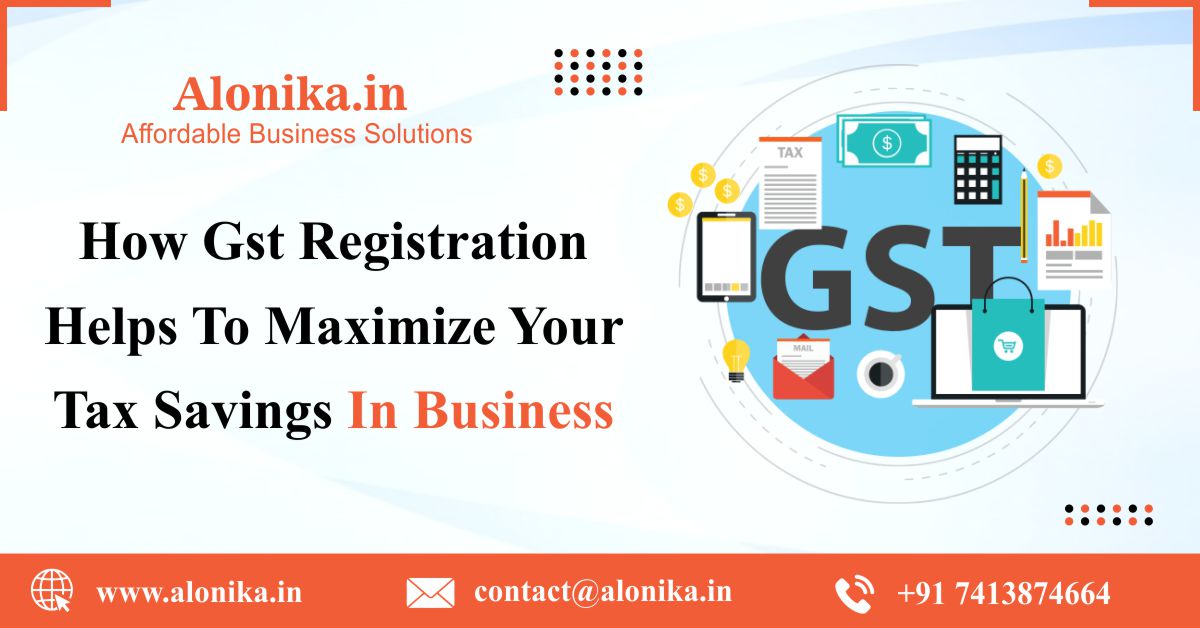Stay Clear Of Typical Mistakes in Singapore GST Registration for Your Business
Stay Clear Of Typical Mistakes in Singapore GST Registration for Your Business
Blog Article
The Ultimate Guide to Simplifying the GST Registration Process and Requirements for Small Organization Owners

Comprehending GST Basics
To grasp the basics of the Item and Solutions Tax Obligation (GST) system, small organization proprietors need to first comprehend its underlying principles and effects. Under the GST regimen, companies are called for to sign up and collect tax on behalf of the government, ensuring transparency and conformity.
One of the crucial principles of GST is input tax credit report, which allows services to assert debt for tax obligations paid on their acquisitions. This mechanism prevents the plunging effect of tax obligations and advertises performance in the tax system. Additionally, GST is a destination-based tax obligation, meaning that the tax obligation is levied at the point of usage as opposed to the point of beginning. This guarantees fair distribution of tax income among states based on where the solutions or products are consumed. Understanding these standard concepts is important for small company proprietors to browse the intricacies of the GST system and make sure conformity with the law.
Qualification Standards for Registration
Having established a foundational understanding of GST concepts, local business owners need to now fulfill details eligibility standards to wage the registration procedure. In India, entities engaged in the supply of items or services with a yearly accumulation turn over going beyond Rs. 40 lakhs (Rs. 10 lakhs for special classification states) are required to register for GST. Additionally, particular businesses such as those associated with inter-state supply of products, informal taxable persons, and those called for to pay tax obligation under the reverse charge mechanism should register for GST irrespective of their turn over. Moreover, services that were registered under the previous tax regimen (BARREL, solution tax, etc) are additionally mandated to sign up under GST. Nonetheless, agricultural companies that only provide generate out of primary production are excluded from GST registration. It is vital for company owner to thoroughly analyze their qualification based upon these requirements to make certain conformity with the law and avoid any kind of charges for non-compliance.
Documents Required for GST Registration

Simplified Enrollment Refine Actions
Complying with the collection and confirmation of the requisite documents, the registration process for GST can be navigated with a collection of streamlined steps designed to help with efficient conformity for small company owners. The initial step entails seeing the GST portal and choosing the 'New Enrollment' option. Subsequently, the applicant needs to fill up in Component A of the GST REG-01 type with details such as frying pan, mobile number, and e-mail address to obtain an OTP for confirmation. Once the OTP is obtained and gotten in, a Short-lived Recommendation Number (TRN) is produced for more proceedings. The next action calls for completing Component B of the form with needed service information, posting sustaining records, and completing the Click Here verification procedure utilizing DSC or EVC. Upon successful verification, an Application Reference Number (ARN) is issued, indicating the completion of the GST registration procedure. By adhering to these streamlined actions, local business owners can effectively register for GST and guarantee compliance with tax obligation policies.
Tips for Ensuring Compliance
To keep regulative adherence and functional honesty, attentive oversight and aggressive actions are critical in guaranteeing compliance with GST demands for tiny business owners. Local business owners should remain upgraded with GST policies, submitting due dates, and any type of changes in tax obligation rates to prevent penalties and preserve a good standing with tax authorities. One important pointer for compliance is to keep in-depth and accurate records of all deals, consisting of costs, invoices, and billings related to GST. Routinely resolving financial records with GST returns can help in identifying and correcting any kind of inconsistencies immediately. Additionally, conducting regular internal audits or looking for professional aid can ensure that business is following all GST policies appropriately. It is also critical for small company proprietors to purchase GST-compliant accounting software program that can streamline the tax filing procedure and reduce mistakes. Attending GST recognition workshops or training programs can improve understanding and compliance with GST laws, eventually benefiting the company in the lengthy run.
Final Thought
To conclude, little service owners should recognize the essentials of GST, satisfy the eligibility requirements, collect necessary records, and comply with the simplified enrollment procedure actions to make sure conformity. By simplifying the GST enrollment procedure and requirements, small company owners can stay clear of penalties and run their businesses smoothly within the lawful framework - Singapore GST Registration. It is critical for local business owners to stay educated and compliant with GST guidelines to keep a successful company procedure
Tiny business owners looking for GST registration should ensure they collect and send the essential files to finish the enrollment procedure successfully. The Learn More files needed for GST registration typically include evidence of company enrollment or incorporation, PAN (Permanent Account Number) card of the business address, identity and entity proof of the promoters/partners/directors, photos, address proof of the location of service, bank account statements or terminated cheques, and consent forms. Attending GST recognition workshops or training programs can improve understanding and go to this web-site compliance with GST regulations, ultimately benefiting the service in the lengthy run.
By simplifying the GST enrollment process and demands, small company proprietors can prevent fines and operate their businesses smoothly within the lawful framework. It is vital for tiny business owners to remain enlightened and compliant with GST policies to maintain a successful business operation.
Report this page